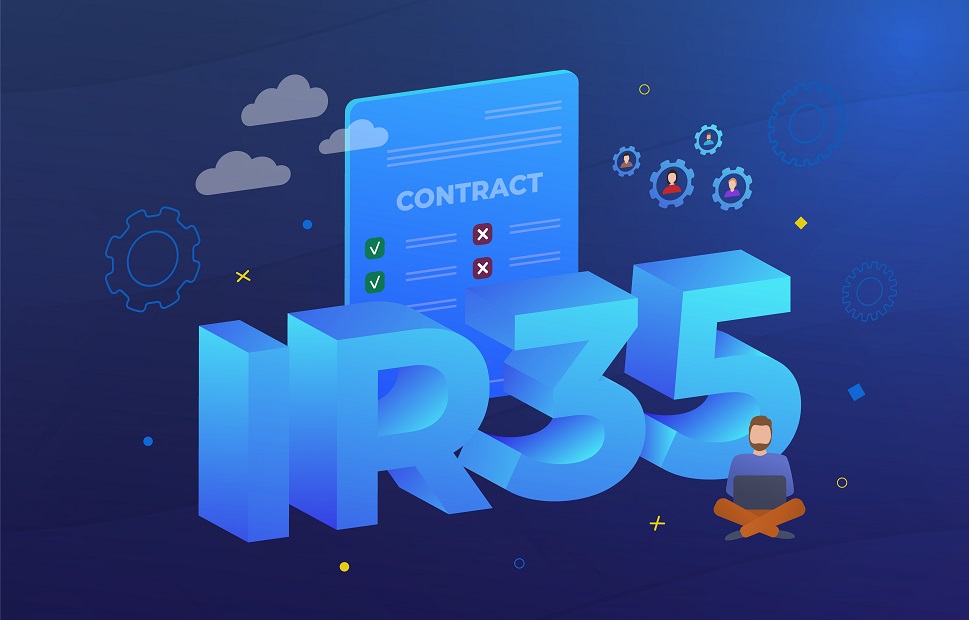The government has outlined its compliance principles for the upcoming changes to IR35 rules in the private sector.
This tells businesses how HMRC will support them and how they will intervene if necessary.
The changes were due to come in on April 6 2020, but were delayed until April 6 2021 due to Covid-19.
Core principles are outlined below:
- We [HMRC] will support customers who are trying to do the right thing and comply with the rules
- We will help customers meet their responsibilities under the off-payroll working rules
- Where customers make a mistake, we will help them correct it
- We will check that mistakes are corrected
- We will identify and correct non-compliance with the off-payroll working rules
- We will challenge deliberately non-compliant customers
- We will challenge tax avoidance schemes that claim to avoid the off-payroll working rules or otherwise reduce the tax payable
- We will use a specialist team to carry out all our off-payroll working compliance activity
The most important thing you need to know is that HMRC won’t penalise you for mistakes made in the first 12 months, unless there is evidence of deliberate non-compliance. If there are signs of non-compliance, you may be challenged by HMRC.
‘We call people who deliberately get their tax affairs wrong ‘deliberate defaulters’. In certain circumstances, we can publish details of deliberate defaulters to encourage them to put their tax affairs in order,’ HMRC says on its website.
Light touch approach is a ‘red herring’
The news hasn’t been welcomed by all. Qdos CEO, Seb Maley, said:
“HMRC insists a ‘light touch’ will be taken with regards to IR35 compliance when the reform lands on April 6, but this is a red herring. Businesses won’t face penalties in the first year, but if a firm makes an incorrect IR35 decision or fails to meet its legal obligations, the tax office will still demand outstanding tax owed – and tax liability dwarfs penalties.
“Big promises have been made to clamp down on businesses that deliberately abuse the rules. But I have my doubts as to whether HMRC will actually deliver on these and put a stop to firms that blanket place contractors inside IR35. After all, no action was taken in the public sector following the roll out of similar changes in 2017.
“With reform closing in, HMRC’s compliance principles mustn’t distract businesses from preparing and doing everything in their power to make sure these changes are managed in a compliant manner.”
HMRC advises that you use its Check Employment Status for Tax (CEST) to check a worker’s employment status. However, Maley disagrees with its efficacy:
“On the face of it, that HMRC wants to help businesses get things right is a good thing, but the tax office needs to get its own house in order first. CEST is unreliable and HMRC have a dismal record in IR35 tribunals.
“On one hand HMRC are exploring new ways to ensure compliance, on the other they continue to promote the fundamentally flawed IR35 tool, CEST, which threatens compliance. The irony hasn’t been lost on me, nor will it have been on many others.”
Read more
IR35 freelance tax changes will go ahead in April 2021 – are you ready?





